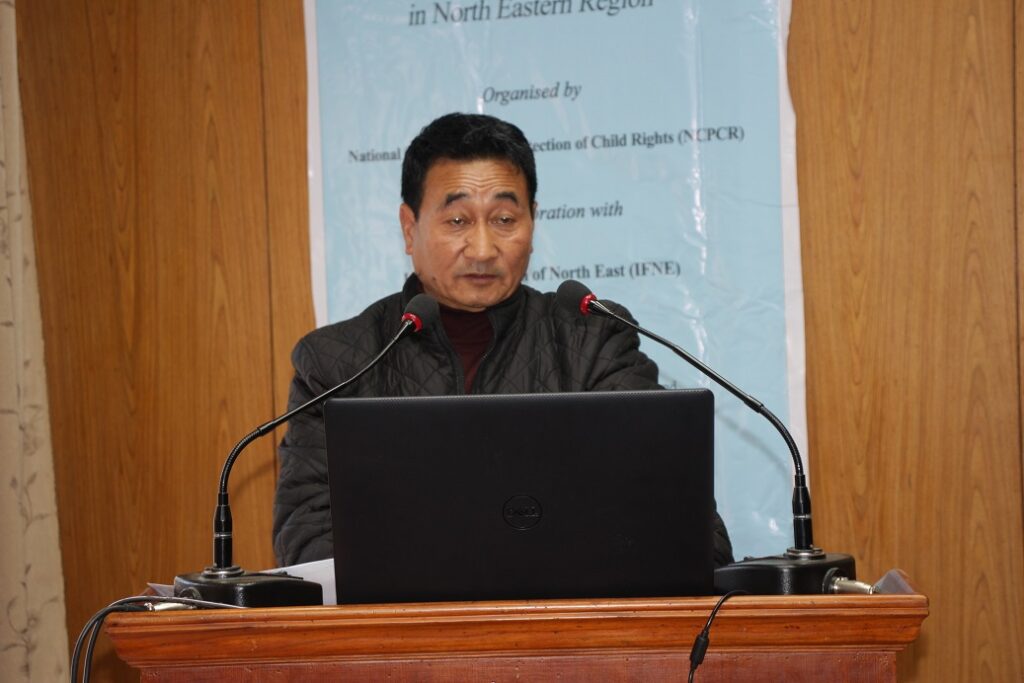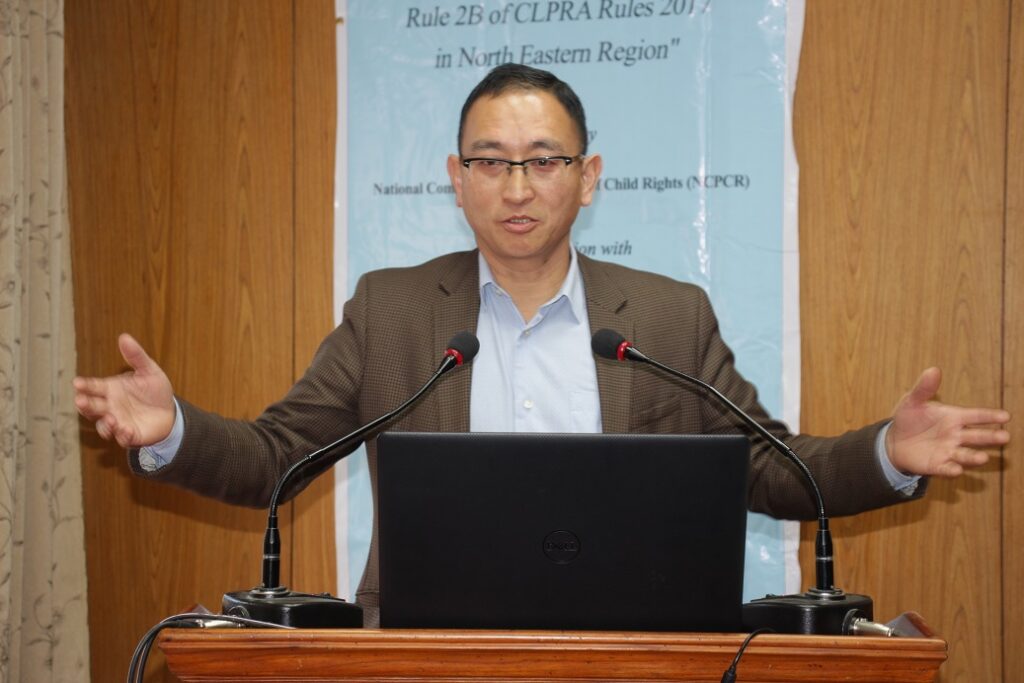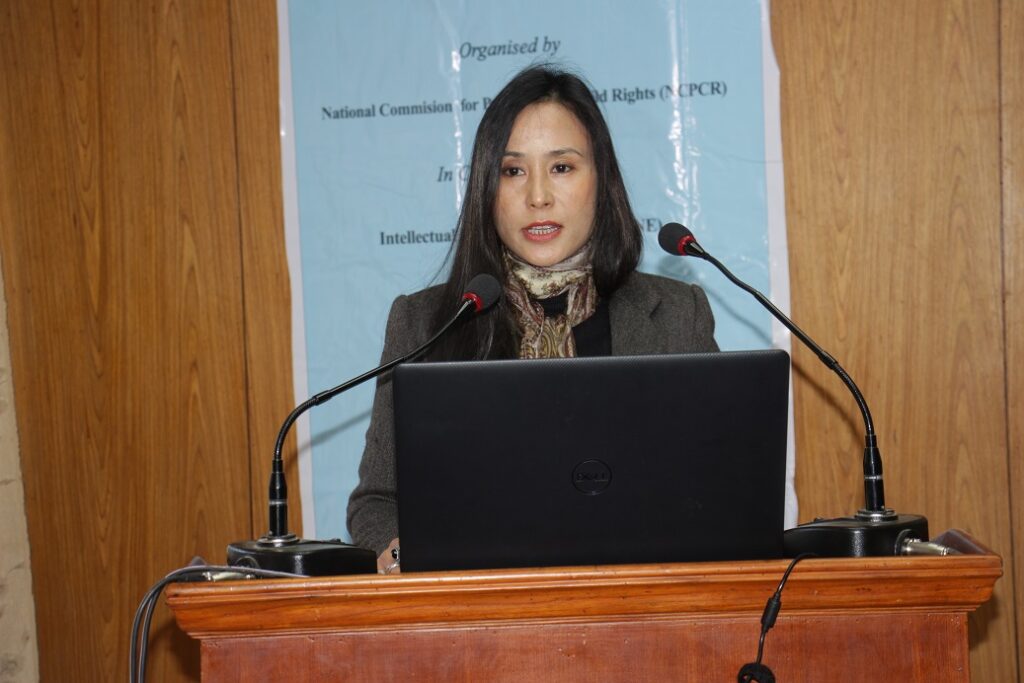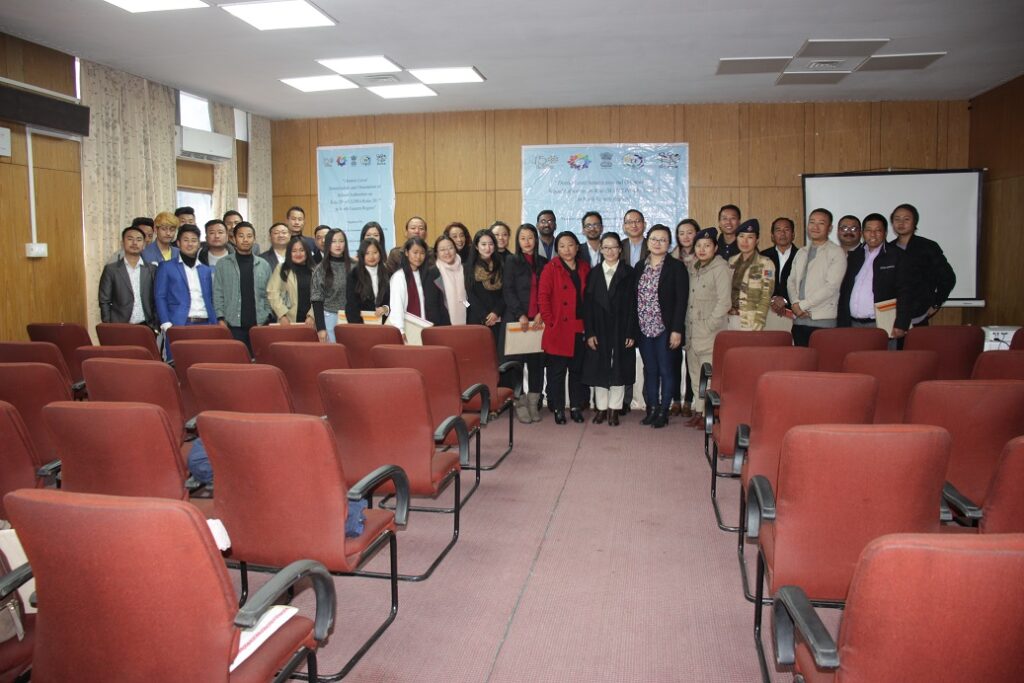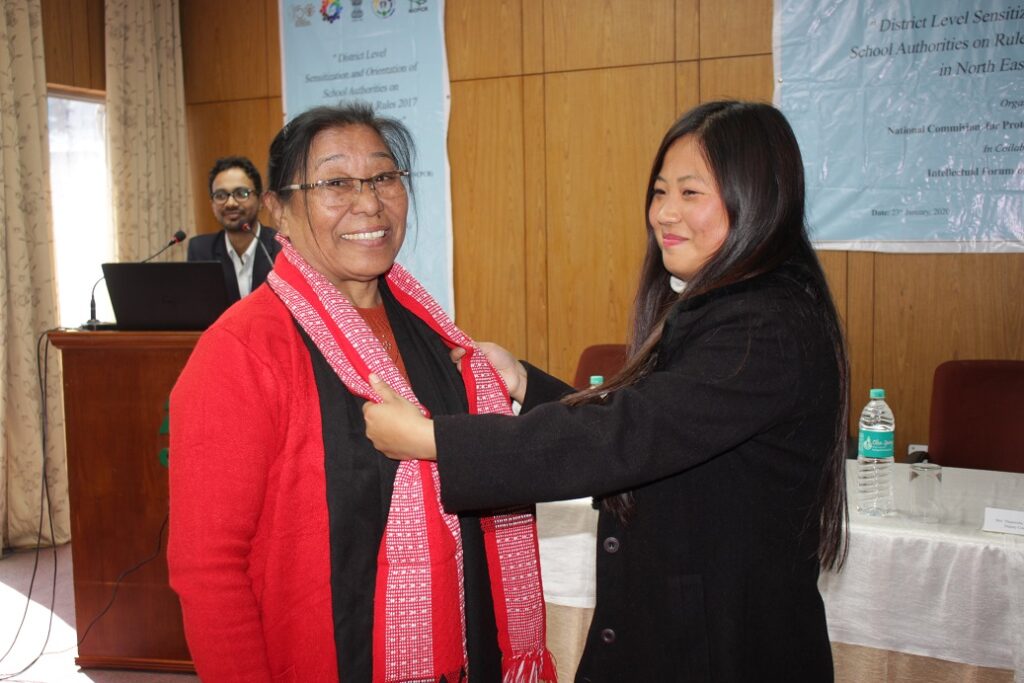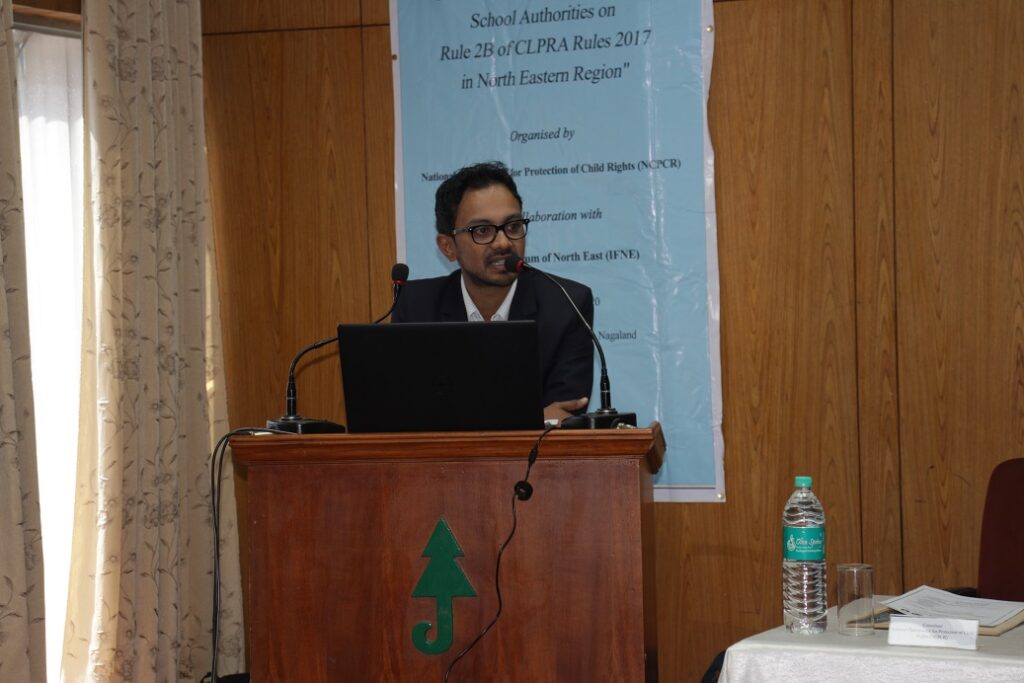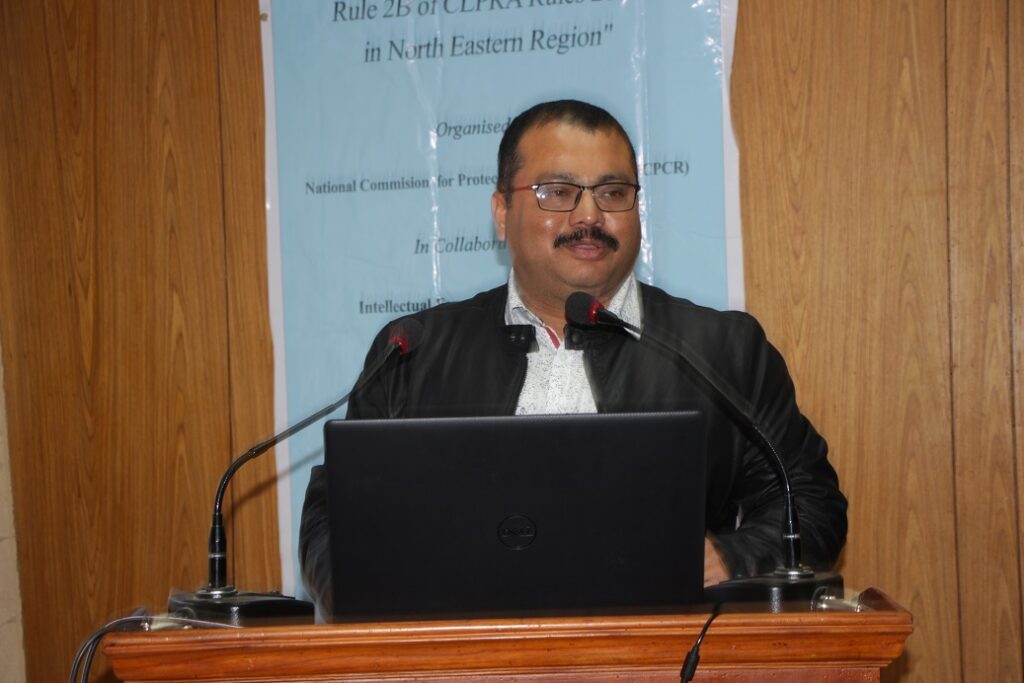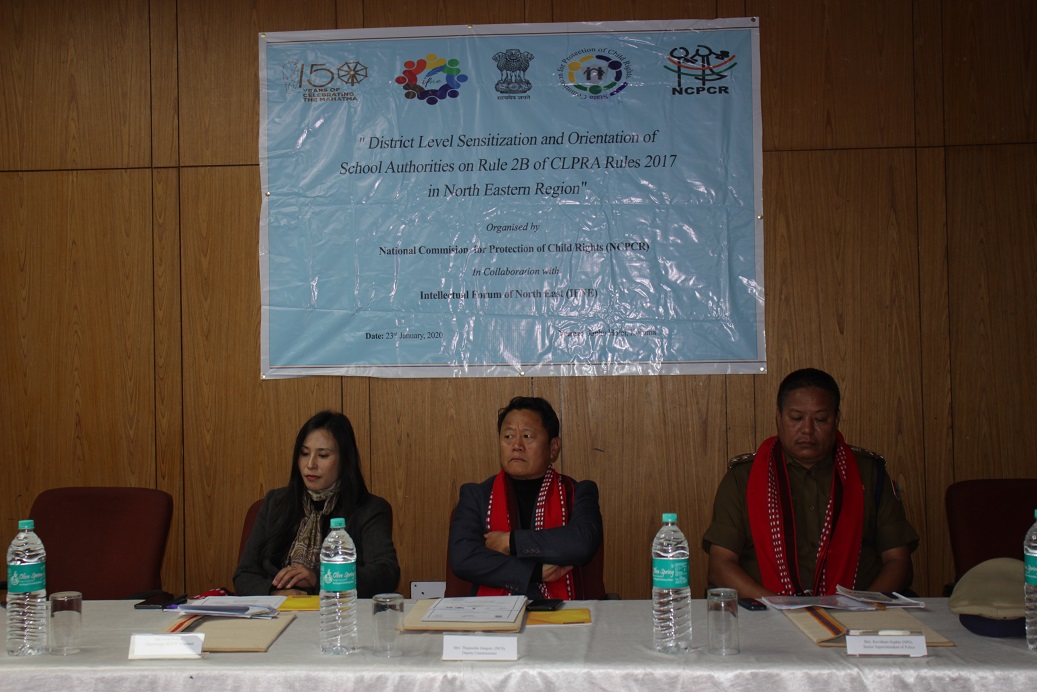A district-level workshop on sensitization and orientation of school authorities regarding Rule 2b of the Child Labour (Prohibition and Regulation) Amendment Act (CLPRA) 2017 was organized by the National Commission for Child Rights (NCPCR) in collaboration with the Intellectual Forum of Northeast (IFNE) on January 23, 2020, at Japhu Hotel in Kohima, Nagaland.
The formal session began with opening remarks from the Deputy Commissioner of Kohima, who emphasized the various provisions of the Child Protection Rights Commission aimed at ensuring the welfare of children and protecting them from exploitation.
The State Chairperson of Nagaland State Commission for Protection of Child Rights (SCPCR) defined child labour according to the United Nations’ definition, stating that children below the age of 18 should be protected from economic exploitation and any work that could be harmful or interfere with their education.
The Senior Superintendent of Police (SSP) in Kohima discussed the role of the police in combating child trafficking and labour. He highlighted the importance of implementing laws effectively to detect criminals, prevent crimes, and prosecute offenders.
During the technical session, a representative from the education department addressed the reasons behind student dropouts, which contribute to child labour.
The final speech was delivered by the Project Officer from the Department of Labour, who emphasized that the root cause of failing to control child labour is not only the lack of facilities but also the approach taken to address the issue.
The workshop concluded with a question and answer session, where the queries of the participants were answered by the Project Officer from the Labour Department.
It was emphasized that addressing the issue of child labour requires improvements in societal, administrative, and economic factors.
Coordinated efforts and effective implementation of laws are necessary to combat this contentious issue.
